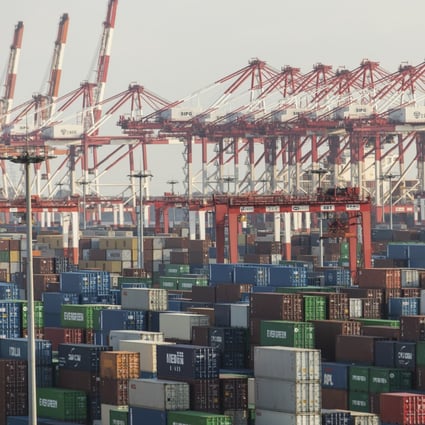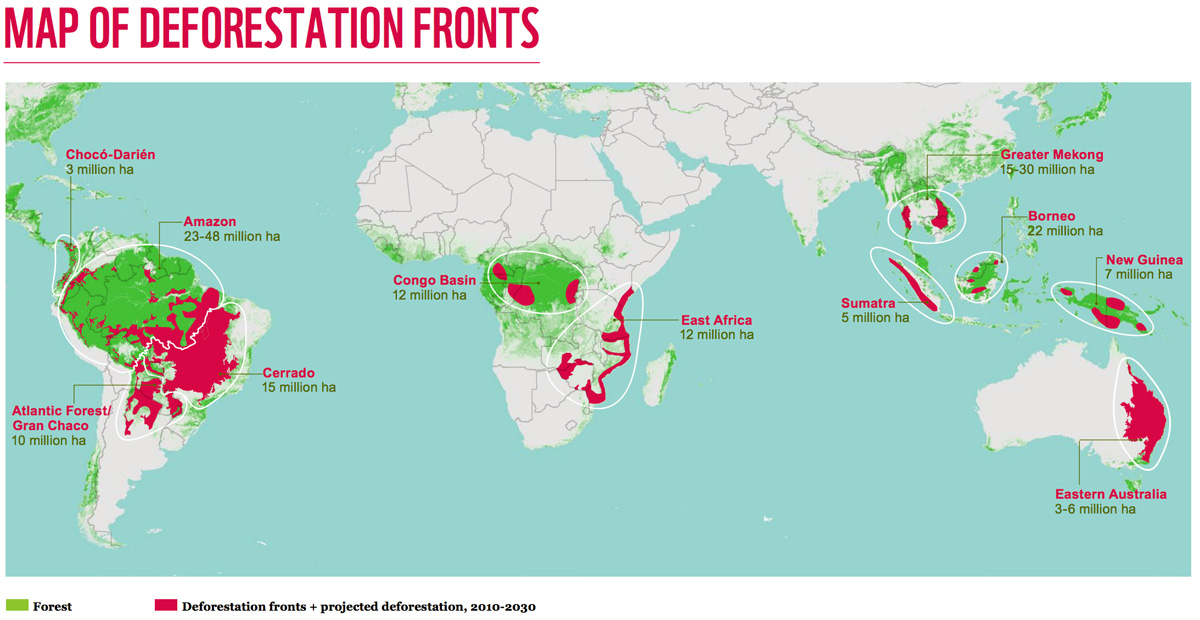China's Tariff Exemptions: A Quiet Shift For US Goods

Table of Contents
Understanding China's Tariff Exemption Process
China's process for granting tariff exemptions on US goods is intricate and often opaque, creating challenges for US exporters seeking relief from the import tariffs imposed during the trade war. Understanding this process is crucial for navigating the complexities of the US-China trade relationship.
Criteria for Exemptions
The specific criteria used by China to grant tariff exclusions are not always clearly defined, leading to uncertainty for businesses. While the official pronouncements often mention factors like the essentiality of the goods, the lack of readily available domestic alternatives, and national security implications, the application and approval process remains opaque.
- Examples of exempted goods: Some sectors that have seen tariff exemptions include certain agricultural products (like soybeans), some medical supplies, and specific components for high-tech manufacturing. However, the list is not exhaustive and varies over time.
- Application process: The application process itself can be lengthy and complex, requiring extensive documentation and often involving multiple government agencies within China. Success is not guaranteed, even for seemingly straightforward cases.
Transparency and Predictability
The lack of transparency in China's tariff exemption process significantly hinders US businesses' ability to plan and invest in the Chinese market. The inconsistencies in application and approval are a major concern.
- Inconsistencies and unpredictability: Businesses often face uncertainty regarding the criteria for approval, resulting in inconsistent outcomes. Similar applications may receive vastly different outcomes, making it difficult to predict success.
- Need for greater clarity: For US-China trade relations to flourish, greater clarity and predictability are urgently needed. Clearer guidelines and a more transparent application process would significantly benefit both US and Chinese businesses.
Impact on Specific Industries
The impact of China's tariff exemptions is unevenly distributed across various US industries. Some sectors have benefited significantly, while others have seen limited success.
- Agriculture: The agricultural sector has experienced mixed results, with some products receiving exemptions while others continue to face high tariffs. The impact on farmers and agricultural businesses has been significant, affecting production, pricing, and export strategies.
- Technology: The technology sector, heavily reliant on complex supply chains, has also seen a varied impact. Specific components and technologies have received exemptions, but broader access remains a persistent challenge.
- Manufacturing: Manufacturing industries reliant on imported components from the US have also faced varying levels of success in obtaining exemptions, significantly impacting production and competitiveness within the Chinese market.
Economic and Geopolitical Implications of the Exemptions
China's tariff exemption policies have profound economic and geopolitical implications, influencing the overall dynamics of US-China trade relations.
Shifting Trade Dynamics
The granting of tariff exemptions alters the overall landscape of US-China trade, impacting both US exporters and consumers.
- Benefits for US exporters: While limited, successful exemption applications provide immediate benefits to affected US exporters, allowing them to regain a foothold in the Chinese market.
- Impact on trade deficit: The impact on the overall US trade deficit is complex and depends on the extent and nature of the exemptions granted. While some reduction might be observed, its overall effect remains subject to ongoing developments in broader trade relations.
Signals of Détente?
The granting of tariff exemptions can be interpreted as a potential signal of easing tensions between the two countries, although the evidence remains inconclusive.
- Tactical adjustments or broader shift? It is unclear whether these exemptions represent a significant shift in China's overall trade policy or simply tactical adjustments to address specific economic or political concerns.
- Implications for future trade negotiations: The pattern of exemptions granted could provide valuable insights into China's priorities and potential areas of compromise in future trade negotiations.
Long-Term Implications for US Businesses
Navigating the intricacies of China's tariff policies requires a robust strategy from US companies.
- Strategic response: US businesses need to proactively monitor changes in China's tariff exemption policies and adjust their strategies accordingly.
- Monitoring exemption updates: Closely tracking announcements and updates regarding tariff exemptions is crucial for informed decision-making. This requires a deep understanding of the Chinese regulatory environment and a reliable source of information on trade policy changes.
Conclusion
China's granting of tariff exemptions for specific US goods represents a multifaceted and constantly evolving aspect of the US-China trade relationship. While offering potential relief to certain industries, the process's lack of transparency and predictability creates considerable challenges for US businesses seeking to access the Chinese market. Understanding these complexities and proactively adapting strategies are crucial for success.
Call to Action: Stay informed about the latest developments regarding China's tariff exemptions and their implications for your business. Regularly review updates on China's tariff exemption policies to ensure your export strategies remain competitive and effective in this dynamic landscape of US-China trade. Mastering the complexities of China's tariff exemptions is key to unlocking opportunities in this vital market.

Featured Posts
-
 Pirates Defeat Yankees In Walk Off Thriller After Extra Innings
Apr 28, 2025
Pirates Defeat Yankees In Walk Off Thriller After Extra Innings
Apr 28, 2025 -
 Broadcoms Proposed V Mware Price Hike At And T Reports A 1 050 Increase
Apr 28, 2025
Broadcoms Proposed V Mware Price Hike At And T Reports A 1 050 Increase
Apr 28, 2025 -
 Mets Pitcher Earns Praise For Another Strong Performance
Apr 28, 2025
Mets Pitcher Earns Praise For Another Strong Performance
Apr 28, 2025 -
 New Business Hotspots Across The Country Location And Growth Potential
Apr 28, 2025
New Business Hotspots Across The Country Location And Growth Potential
Apr 28, 2025 -
 Ray Epps Sues Fox News For Defamation January 6th Allegations At The Center Of The Case
Apr 28, 2025
Ray Epps Sues Fox News For Defamation January 6th Allegations At The Center Of The Case
Apr 28, 2025
